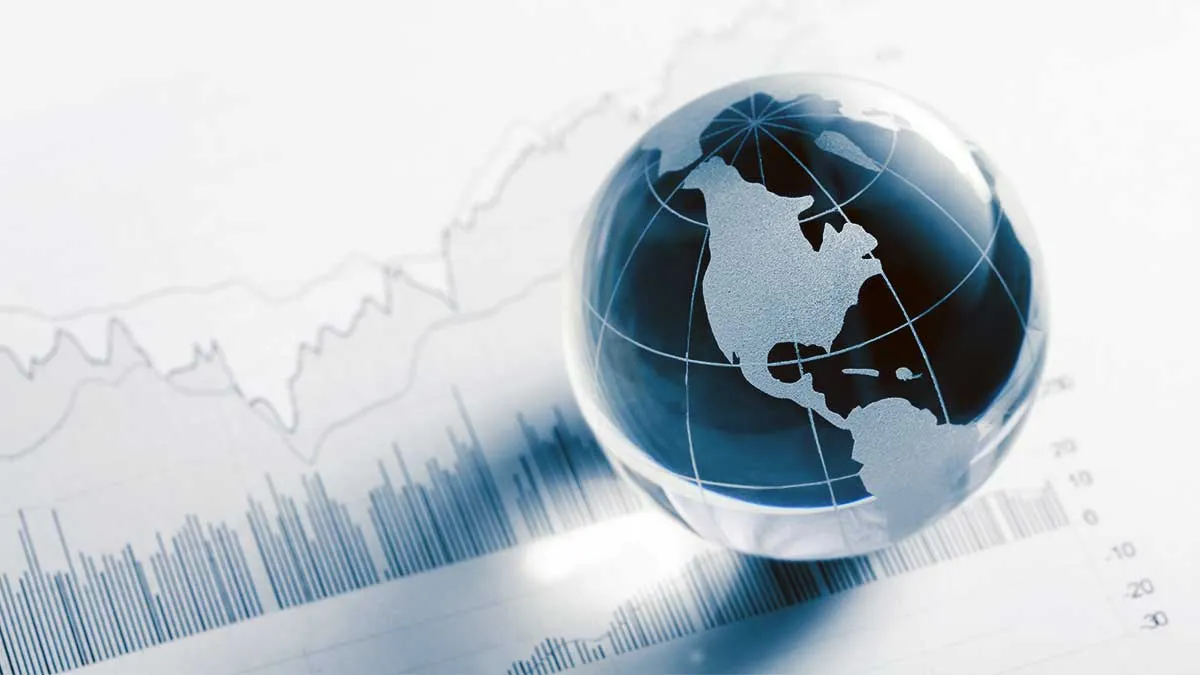Globalization has been the subject of a lot of doom and gloom the past year or so, and with good reason.
Several policymakers, particularly in the United States, have been persuaded that they need to reexamine their governments' approach to trade and globalization as a result of the Covid-19 pandemic and Russia's war with Ukraine.
Globalization, on the other hand, is doing just fine.
In one case in particular, the US Commerce Department reported that last year, the country exported to 73 countries and imported from 90 countries at record levels. In 2022, the US-China trade in goods reached a new record amount of $690.6 billion, which is a new record.
This is despite the fact that there has been a five-year-long trade war between the world's two largest economies that have resulted in tariffs on hundreds of billions of dollars worth of goods, draconian export curbs, and strained political relations between the two.
“The bottom line is that despite the efforts of both governments, we are still doing a lot of business on the market level," said William Reinsch, who served as a top Commerce official in the Clinton administration and is now a senior adviser at the Center for Strategic and International Studies. "Our macro relationship hasn't changed that much, and we're still trading a lot with each other."
The globalization process, in other words, finds a way to go forward.
As we've seen over the past half-decade in the international trading system, the fluctuations that we've seen aren't going away anytime soon.
According to Maersk, one of the world's biggest container shipping companies, the company said on Wednesday that this year's container shipping volume is set to fall by nearly 2.5% due to the "muted" economic growth. Maersk says in a report that the "overconsumption of goods" has now led to a sharp correction in demand as a result of the "overconsumption of goods."
Maersk, for example, is facing a particularly volatile period in logistics, and it's interesting to see how they are adapting to the challenges in the global supply chain rather than recoiling from them.
Danish shipping company APM Terminals, which handles about one-sixth of the world's container traffic, plans to massively restructure its logistics operations in an effort to integrate them in such a way that land, sea, and air transportation will be seamlessly integrated.
In order to be able to better control cargo flows throughout its network of warehouses, Maersk is cutting back on its use of ships, expanding its air-freight services, and expanding its air-freight services.
By prioritizing deeper, diversified, and decentralized international markets, this strategy — is better known as “re-globalization.”
As a battered supply-chain ecosystem, it is a major bet that greater agility and resilience in times of volatility will contribute to restoring reliability to a battered ecosystem, and that is a big bet.
Ditlev Blicher, Maersk's Asia-Pacific president, says that making money hasn't been difficult over the past year. “It wasn't difficult if you had something that could float and carry your container. Today, skills are more important than ever."

Subscribe to our newsletter!
As a leading independent research provider, TradeAlgo keeps you connected from anywhere.








